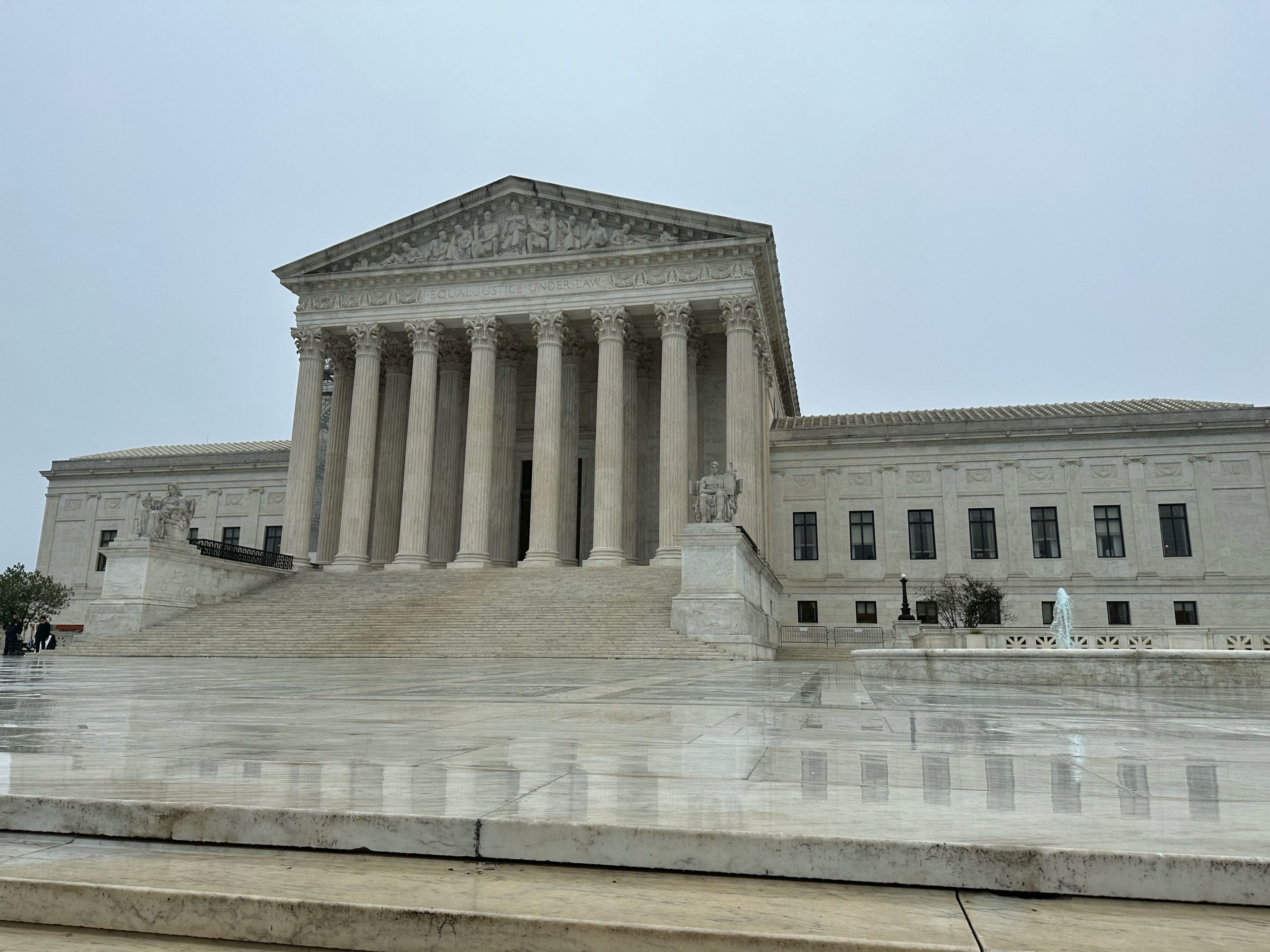“The Case that could destroy the government” - The Atlantic
“US Supreme Court signals it could limit SEC in-house enforcement” - Reuters
“A Supreme Court case about stocks could help make Trump’s authoritarian dreams reality” - Vox [just an incredible headline lmfao]
“One of the Most Complex Cases of the Supreme Court Term Could Also Be the Most Devastating” - Slate
Oral Argument - CSPAN



I have to imagine this gets shut down hard. Capital is hardly going to get rid of the enforcement arm of the state that protects their investments and ensures ground rules for trading capital… right? It’s not that self-destructive?
Imagine telling someone in like 2018 about literally anything that has happened since March 2020. Nothing is impossible anymore.
I was raised with conservatives (thanks, parents), have eaten dinner in the same room with some pretty high profile people in the Evangelical right, and have been to religious right wing “conferences” and other events. This was back in the late aughts, but one of the most common “big picture issues” (aside from abortion) I remember being talked about was the “INSANE” power that the executive branch has both to do stuff like this and delegated rulemaking (which allows the EPA to set standards without consulting congress, among other things). This was before Trump - the right was seeing the righting on the wall that they would never win a national popular vote again (still haven’t) and wanted to limit the already trite authority of the President.
So this, to some members of the right, is bigger than capital. There have been a ton of recent cases in SCOTUS litigating the power of the executive and it’s no coincidence that the 5th Circuit ‘forced’ the court’s hand here. The grand goal is to totally neuter the executive branch so they don’t have to worry about the Presidency.
Of course, we all know that the executive branch can’t really do much anyways. But there are a few important agencies (think FDA) that would end up totally gutted if it went the wrong way.